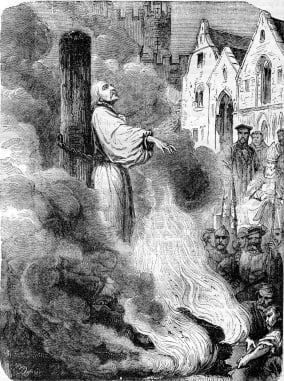Because he followed the Lord, the God of Israel, wholeheartedly… Joshua 14:14
A man truly worthy of the title of ‘hero’ is a man named Caleb. Caleb, along with Joshua, was one of the twelve spies sent to spy out the land God had promised to the Israelites after their deliverance from Egypt. Only these two stood against the majority opinion because they believed God. God promised Caleb that he would inherit the land his walked on because he followed the Lord wholeheartedly.
Now at eighty-five years of age Caleb reminds Joshua of that promise and declares, “I am still as strong today as the day Moses sent me out; I’m just as vigorous to go out to battle now as I was then. Now give me this hill country that the Lord promised me that day…the Lord helping me, I will drive them out just as He said.” It was not merely the incredible courage and resolve of this man of eighty-five years that made him a hero in my eyes. It was his character. He was man of integrity, not double-minded. His heart was devoted to God and nothing distracted him from God’s commands and purposes.
We are prone to think of heroes only in terms of the courage they display. While many people are capable of great acts of self-sacrifice in difficult situations, courage alone does not a hero make. Even if an heroic act of self-sacrifice is performed, if it is not done by a person of character rooted in integrity, such a person is not a real hero. Emerson said that “one cannot find the weight of such a man as George Washington in deeds alone…What lay behind his heroism was integrity.” Single-mindedness, in which we hear but one drummer—the beat of our Creator and his demands, and are given wholly to His cause—is the key quality of true heroes. Oh, that I might be such a hero in the eyes of my grandchildren.
How about you…are you worth to be called a ‘hero’ by your grandchildren and others? It is not what degrees we have, how intellectual we are, what positions of power or fame we possess, or how popular we may be that will determine the quality of a hero. Our worthiness to claim such a legacy is our character—our integrity. It is that which gives glory to God and points those who follow to the greatness and goodness of God.
Like Job, a hero will not sacrifice integrity, even in the face of the most unbearable of circumstances. Such spiritual backbone is more than the physical courage in a single brave deed. More than courage is needed to unflinchingly live out a life of integrity in moments of great temptation. A hero multiplies these moments into a lifetime of truthfulness about himself and his Creator in the light of God’s holy Word.
It is only by the grace of God that any of us can truly attain to such a sacred trust.
GRANDPAUSE: A true hero is anyone, famed or unfamed, who not only refuses to compromise personal integrity when temptation to do otherwise is known only to self and God, but who builds on these heroic moments in a life of moral and spiritual stature. –Don Bjork







0 Comments